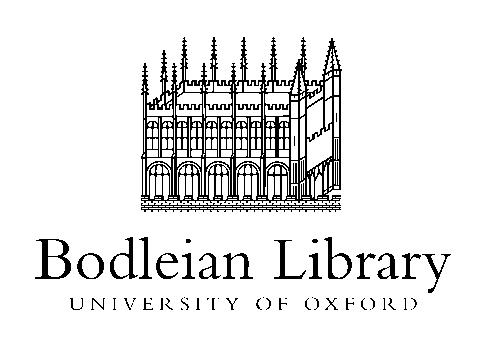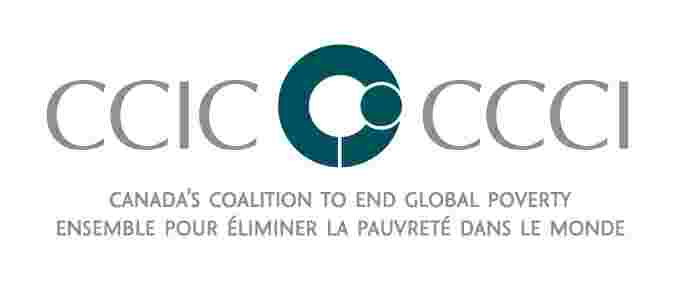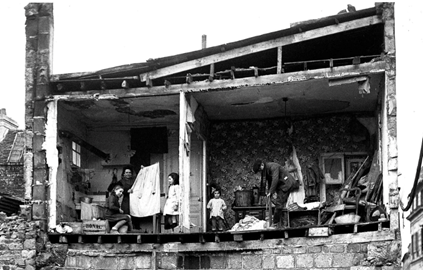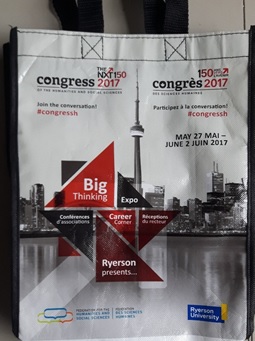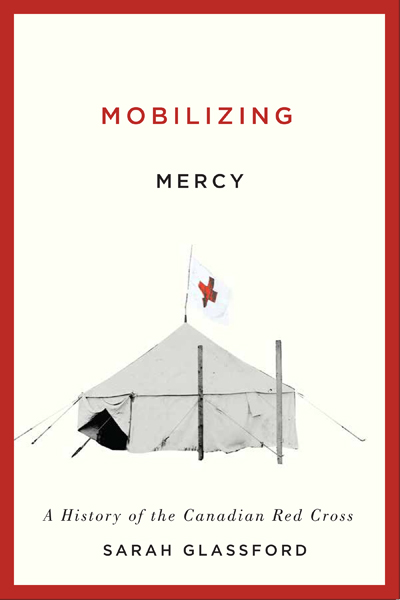The Royal Bank of Canada Foundation-Bodleian Visiting Fellowship 2018 and the Bahari Visiting Fellowship in the Persian Arts of the Book 2017-18 are now accepting applications.
Page 15 of 23
Lien social et Politiques 82, Printemps 2019.
Ce numéro se situe dans la continuité de ces analyses avec une double intention :
Rassembler des travaux empiriques consacrés à des pratiques concrètes de « transition » énergétique et climatique (en incluant le champ de la mobilité), institutionnelles ou non, de manière à mieux saisir la dynamique des politiques et expérimentations en cours dans une variété de contextes ;
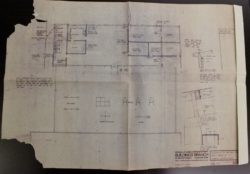
Match International Fund Catalogue of Archives Now Available Online
Through work provided by members of the CNHH, the catalogue of the archives of the Match International Fund is now available online via the Carleton University archives.
From the Carleton Archives website:
French post to follow.
Canadian Council for International Cooperation (CCIC) – Call for Conference Volunteers
Date: September 27 to 28th, 2017 Ottawa
Location: AGA KHAN FOUNDATION CANADA
Are you passionate about International Development?
CCIC is looking for hard-working, dynamic, and dedicated volunteers to join us during our conference INFLUENCE INSPIRE INNOVATE – Realizing the Potential of New Policy Directions. As a volunteer, you can attend the conference events free of charge.
CALL FOR PAPERS – due 30 September 2017
Of all centuries, the twentieth is perhaps the one which most deserves to qualify as the ‘children’s century’ for the way in which the focus of social and political concern increasingly alighted on the figure of the child.
The period from the end of the 19th century witnessed a series of international developments affecting the discourses articulated around children’s rights to physical protection, health and well-being: from the multiplication of laws to protect them in the public and private spheres, to the rise of non-governmental organisations and associations to bring them relief from trauma, insecurity and maltreatment. At the same time, the twentieth century has gone hand-in-hand with increasing opportunities for children to experience such tragedies; and in both domestic settings (abuse or neglect) as well as wider geopolitical manifestations of violence (war and genocide) such anxieties have influenced the form and nature of the above responses.
The Archives of the International Committee of the Red Cross, through Crosswise this includes access to the organization’s online and audiovideo archival material, now makes research guides available to researchers. These guides include links and online resources that may be of relevant interest.
by Katie-Marie McNeill
The Canadian Network on Humanitarian History met for its third annual meeting at Ryerson University on May 29th in the midst of the Congress of Social Sciences and Humanities. Dominique Marshall, Sarah Glassford, Kevin Brushett, Ruth Compton Brouwer, John Gilinsky, Katie-Marie McNeill, Rhonda Gossen, and Sonya de Laat were in attendance and John Foster and Jill Campbell-Miller joined the group via Skype.
by Sandrine Murray
This blog is now cross-posted on the McGill-Queen’s University Press website.
On Friday, April 28, 2017, the Canadian Network on Humanitarian History (CNHH) hosted a book launch for Mobilizing Mercy: A History of the Canadian Red Cross, by social historian -and a founder of the CNHH- Sarah Glassford. Members of the Red Cross were in attendance, including CEO of the Canadian Red Cross, Conrad Sauvé, who opened the evening with a few words of introduction.
The following includes clips of the launch and a Q&A with Glassford about her book, its reception, and humanitarian history. Continue reading
by Jill Campbell-Miller
Blog Cross-Posted with American Medical Services (AMS) as The History of Canadian Healthcare Aid to India in the 1950s.
I came across the name of Dr. Florence Nichols while doing research for my dissertation, which examined the history of Canadian aid to India during the 1950s (you can find a link to the full dissertation on the University of Waterloo’s website: https://uwspace.uwaterloo.ca/handle/10012/8756). In 1955, Escott Reid, the Canadian high commissioner in New Delhi, toured southern India, leaving a detailed record of his trip. He visited the Christian Medical College (CMC) in Vellore. There he encountered Dr. Nichols, a Canadian psychiatrist and Anglican missionary, whom he briefly mentions in his account of the trip. Nichols complained to Reid that there was no psychiatric ward, and that “many of [the patients] are kept in chains in local hotels where they are looked after by their relatives.”[1] Continue reading
Of potential interest to members of the CNHH, Vanderhoeck & Ruprecht recently published a new volume on the European concepts of humanity, morality, and philanthropy, edited by Fabian Klose and Mirjam Thulin, both of the Leibniz Institut fuer Europaeische Geschichte (IEG). Continue reading

